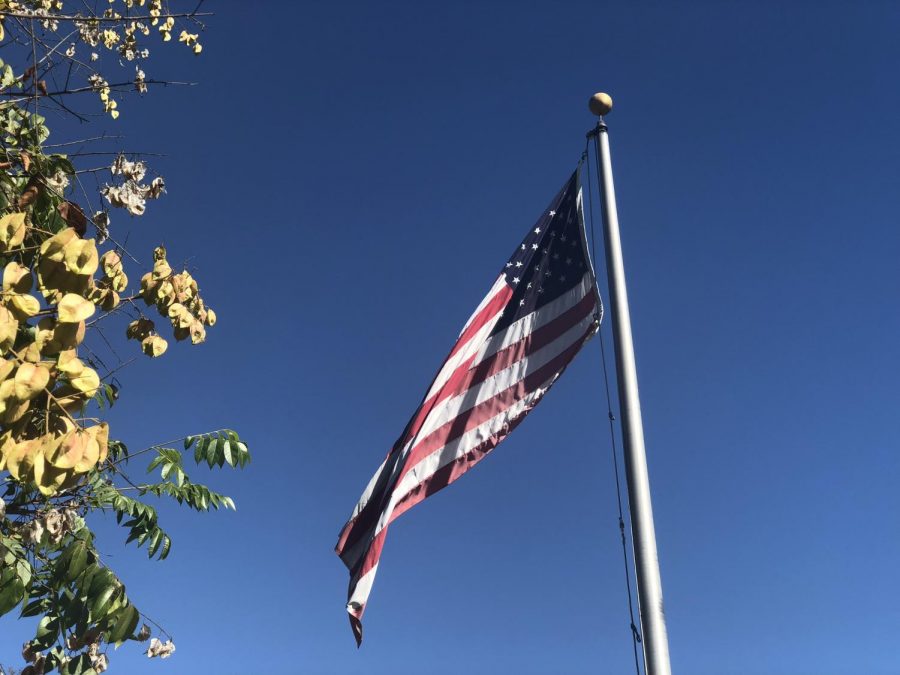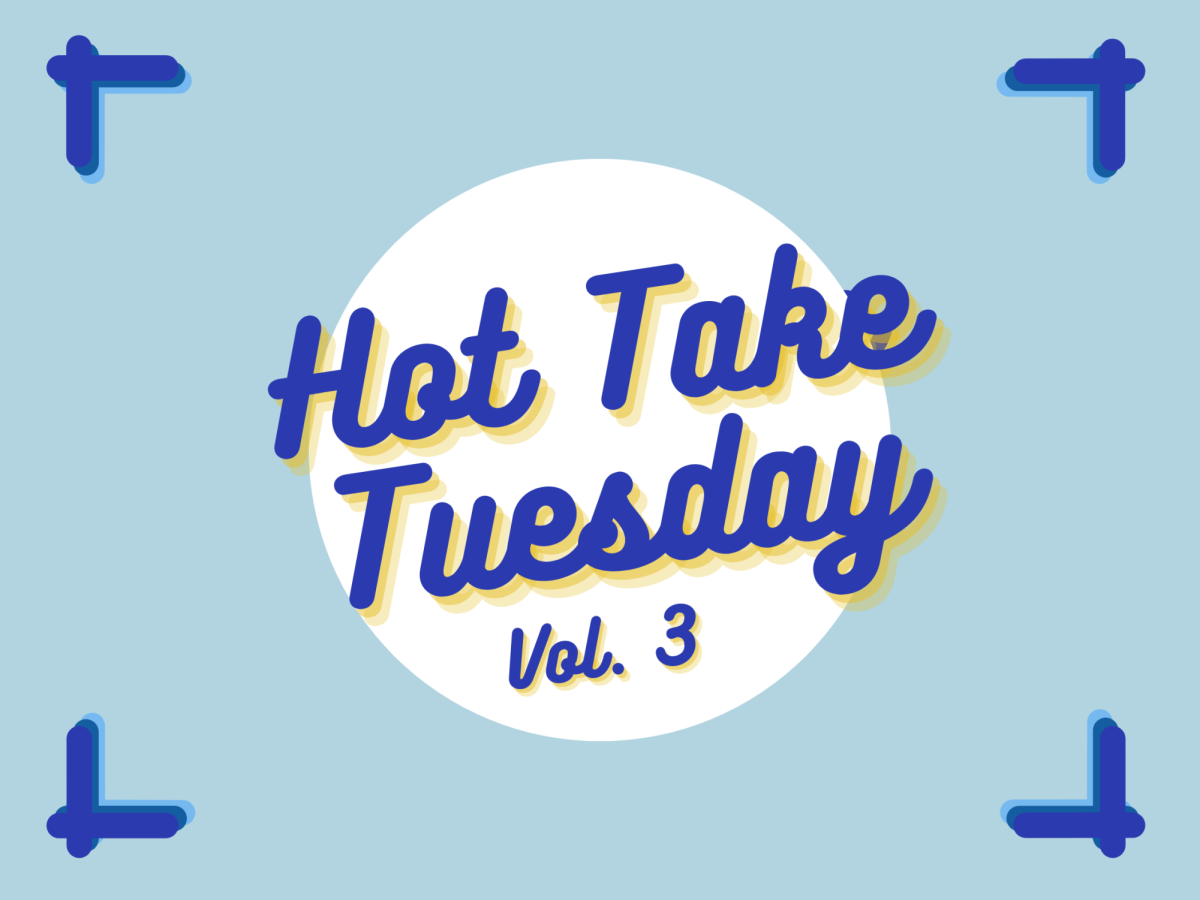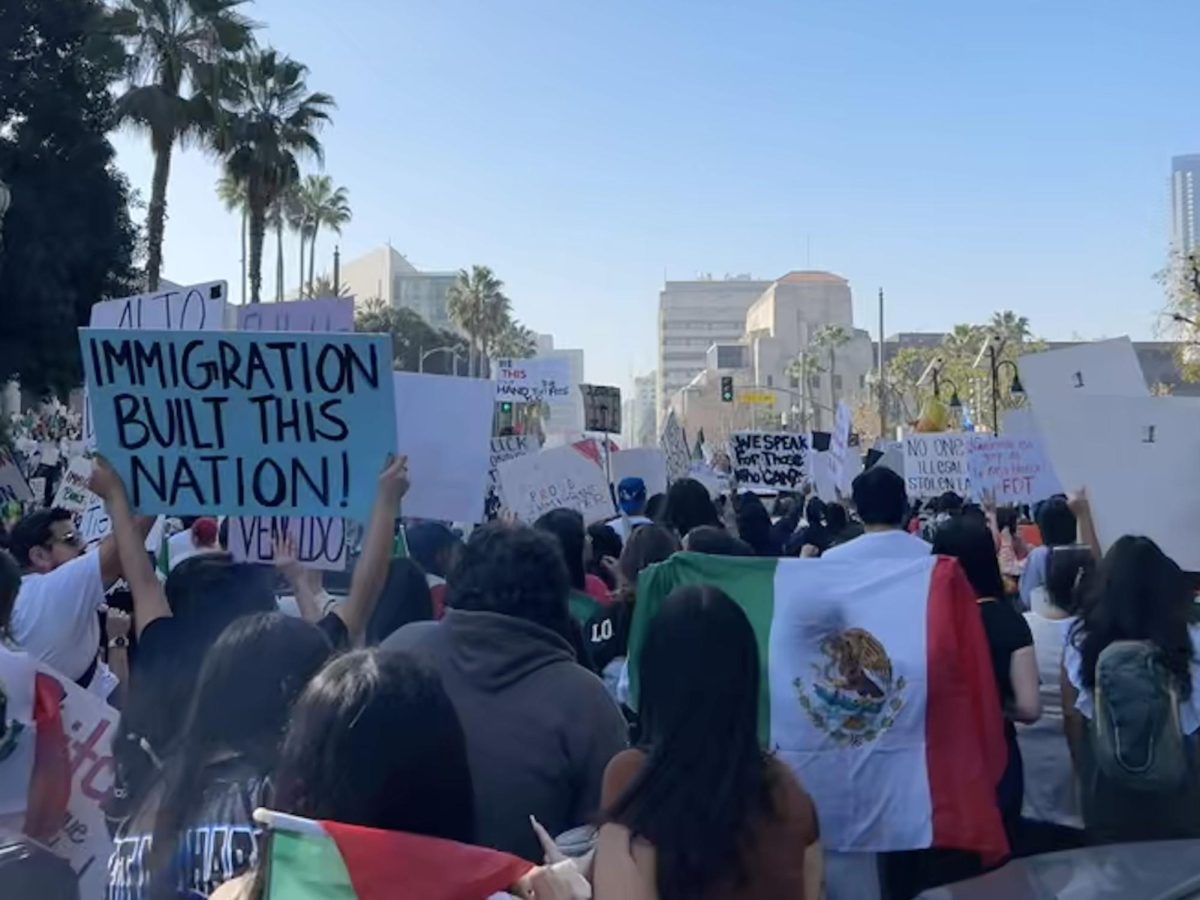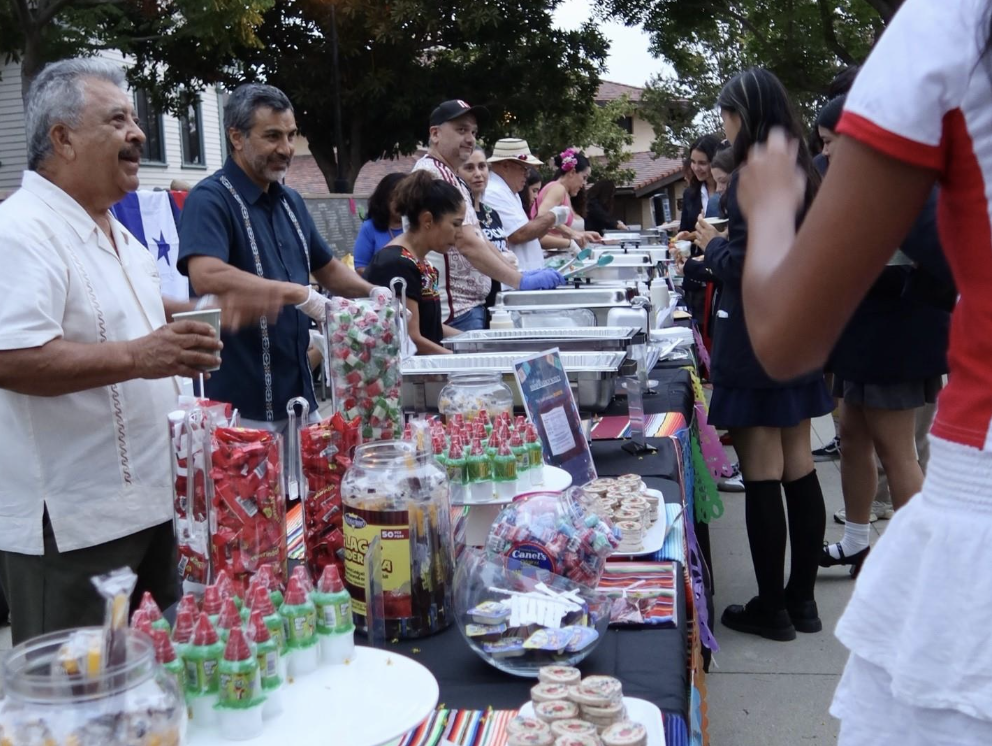One hundred years ago, on November 11th 1918 at 11:00 am, the world was at peace for the first time in four years. After the failure of the German Spring offensive, the Entente, comprised of Britain, France, and Italy (Russia had left the war by this point), coupled with its new American strength, pushed back the Germans slowly and with many casualties. After the German High Seas fleet mutinied and the Kaiser’s authority collapsed, the Germans were forced to accept the armistice terms of the Entente.
Over eight million combatants and many more civilians died on the battlefields of the Great War, including 116,516 American soldiers, making it one of the deadliest conflicts in human history. Battles were fought from the North Sea to New Guinea, from East Africa to East Prussia, as people of almost every nation competed to see who would come out on top. This scale had never been seen before, as industrialization and globalization allowed single nationstates to wage what Prussian General Carl von Clausewitz had described in Vom Kriege as the idea of an all encompassing war.
Particularly as Americans, we can take many things away from World War I. Though our nation was one of the last to join the war and we suffered comparatively little damage, our entry in 1917 saved Europe from the Ludendorff’s Spring Offensive of 1918 and relieved the depleted ranks of the Entente. Our entry, therefore, completely shifted the balance of power in Europe.
When the United States entered the war, America was completely unprepared. Despite years of war raging in Europe, Americans lacked staples of trench warfare such as steel helmets.
The United States Army had to borrow its entire supply of tanks, airplanes, and yes, helmets, from other members of the Entente. While this may not sound like a big deal, when you consider that the United States had the largest economy, industrial capacity, and automotive industry at the time, these figures are amazing. Even secondary powers like Bulgaria and Belgium had their own equipment and had significantly more arms production.
Despite our hasty mobilization, America still was able to play a critical role in the Great War. Our timely arrival saved Paris from the German Army, only 30 miles away, and our participation in the Meuse-Argonne Offensive decimated the German Army.
However, these victories came at a cost. We lost 116,516 men in the war, which although less than the other nations, was still a lot considering our late entry and military success.
Even today, we can learn from the lessons of the Great War. First of all, it became clear that the nation should always be ready for war. Our failure in the first world war allowed the United States to overcompensate in the second, and allowed our equipment production numbers to far surpass expectations.
World War I also showed the importance of warfare in the preservation of the civilization and its ideals. If the war had been lost by the Entente, Western civilization would lose its democratic tradition and shift towards a more militaristic state, like Imperial Germany.
Also, it pointed out the need for protecting national sovereignty. The Germans blatantly threw out America’s sovereignty by attacking neutral American ships. When America responded only with outcry, after the Lusitania was sunk, the Germans continued. It was only after the Germans suggested to the Mexican government to invade the United States, basically a declaration of war in itself, did America arm itself.
The Great War also showed us that we need to always be on watch for foreign threats to national securities. In the 1960s, General Curtis LeMay referenced World War I as the turning point in which it became clear that there had to be a constantly prepared military.
Despite the importance of this Great War and our tremendous sacrifices made in Freedom’s name, World War I is often forgotten by Americans. Though it affected the entire nation through its loss of life, it has lapsed our national memory.
This has not always been the case. Veterans Day was created to remember the war, and even in the 1980s, people still remembered it. As a teenager, my father knew a Great War veteran, Mr. Lachance, and mowed his lawn. However, today there are no living service members from the Great War, so we are prone to forgetting.
So while we all celebrate Veterans Day and thank those who have given their lives to build and protect our great Republic, make sure to remember all those who served dutifully in the Great War, what they fought for, and the lessons their sacrifice taught us.












![Many Webb students spend their free time in the library watching a popular TV show like Riverdale and Euphoria. “Based off what I’ve seen, like in Euphoria, because the actors are older, they don't showcase an actual high school life properly,” Sochika Ndibe (‘26) said. “Since [the actors] are older [and] playing a teenager, from a girl’s perspective, it is going to make you think you should look more developed at a young age.” The actor, who plays Veronica Lodge, was 22 years old at the time of filming.](https://webbcanyonchronicle.com/wp-content/uploads/2025/03/Antecol-Media-affects-how-society-functions-graphic-1200x900.png)








